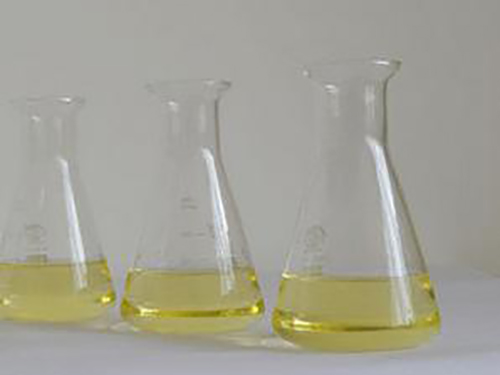Exploring the Chemistry and Applications of Polycarboxylic Acid Derivatives in Modern Industry
Understanding Polycarboxylic Compounds An Overview
Polycarboxylic compounds are a fascinating class of organic substances characterized by the presence of multiple carboxyl (-COOH) functional groups. These compounds play significant roles in various industrial applications, biological processes, and chemical reactions. This article aims to explore the properties, applications, and significance of polycarboxylic compounds.
Structure and Properties
Polycarboxylic acids are organic acids with two or more carboxyl groups. The general formula can be represented as \( C_nH_{2n-2m}O_{2m} \), where \( n \) is the number of carbon atoms and \( m \) is the number of carboxyl groups. Common examples include citric acid, oxalic acid, and tartaric acid. The presence of multiple carboxyl groups imparts unique properties to these acids, enhancing their acidity and their ability to form hydrogen bonds, resulting in higher solubility in water compared to their monocarboxylic counterparts.
The pKa values of polycarboxylic acids indicate that they are stronger acids than monocarboxylic acids, particularly due to the inductive effects and resonance stabilization from multiple -COOH groups. As the number of carboxyl groups increases, the acidity tends to increase, which makes polycarboxylic acids essential in various chemical processes.
Applications
The versatility of polycarboxylic compounds finds expression in numerous fields
. In the realm of food chemistry, citric acid is a prime example; it serves as a natural preservative and a flavoring agent. Its ability to chelate metals contributes to its efficacy in preventing spoilage, making it a staple in the food industry.polycarboxylic

In the sphere of material science, polycarboxylic acids are instrumental in the synthesis of polymers. They can act as monomers or cross-linking agents, contributing to the production of polyesters, polyamides, and thermosetting plastics. For instance, maleic anhydride, a polycarboxylic compound, is often polymerized to create durable materials used in coatings and adhesives.
Moreover, polycarboxylic compounds find utility in medicinal chemistry. Many of these acids exhibit biological activities, such as potential anti-inflammatory and anticancer effects. Research continues to uncover the therapeutic potential of various polycarboxylic structures, leading to the development of novel pharmaceuticals.
Environmental Impact
In recent years, the environmental impact of synthetic chemicals has garnered heightened attention. Polycarboxylic acids, particularly biobased ones, are being explored as eco-friendly alternatives to petroleum-derived compounds. Their biodegradability and low toxicity position them as promising candidates for sustainable practices in various industries. Moreover, the development of polycarboxylate superplasticizers for concrete technology exemplifies the intersection of polycarboxylic chemistry and environmental sustainability, as these additives improve the workability of concrete while reducing water consumption.
Conclusion
Polycarboxylic compounds are of great significance due to their diverse applications and beneficial properties. Their role in food preservation, material synthesis, and medicinal chemistry underscores their importance across multiple sectors. As research advances and the focus on sustainability intensifies, the exploration of green alternatives and biobased polycarboxylic acids is likely to increase, paving the way for innovative solutions that marry functionality with environmental responsibility. Continued study of these compounds will not only enhance industrial processes but also contribute to a deeper understanding of their biological and ecological implications.
-
Understanding Polycarboxylic Acids: Properties, Applications, and Future PotentialNewsJul.28,2025
-
Scale Inhibitor Explained: How to Protect Your System from Limescale and Hard Water DamageNewsJul.28,2025
-
Scale and Corrosion Inhibitors: Essential Chemicals for Industrial Water System ProtectionNewsJul.28,2025
-
Polyaspartic Acid: A Biodegradable Polymer for Sustainable ChemistryNewsJul.28,2025
-
Isothiazolinones: A Versatile Antimicrobial Class with Industrial Power and Regulatory ChallengesNewsJul.28,2025
-
A Deep Dive into 2-Phosphonobutane-1,2,4-Tricarboxylic Acid (PBTC)NewsJul.28,2025





